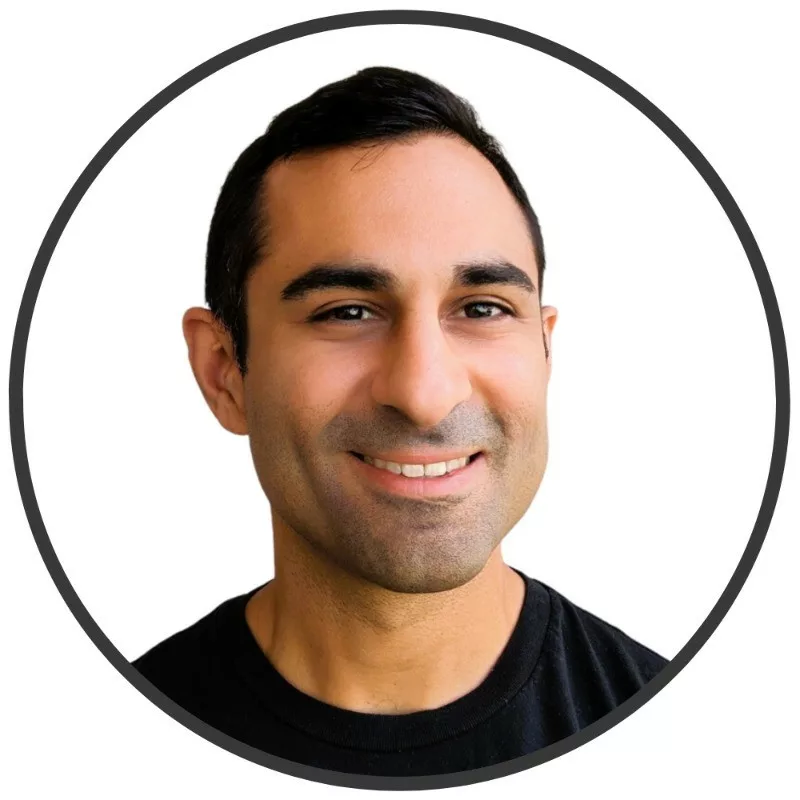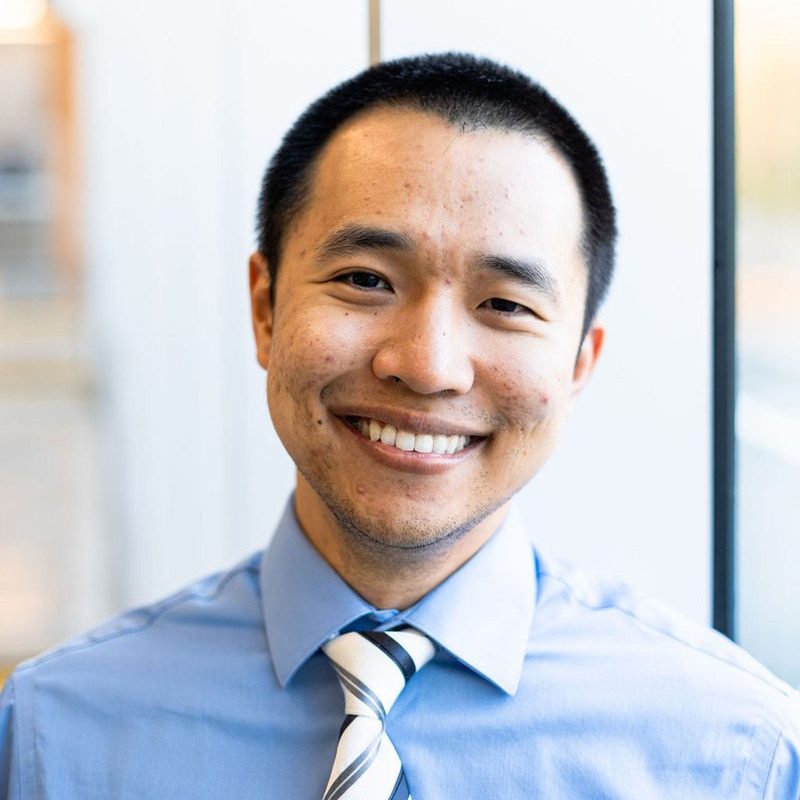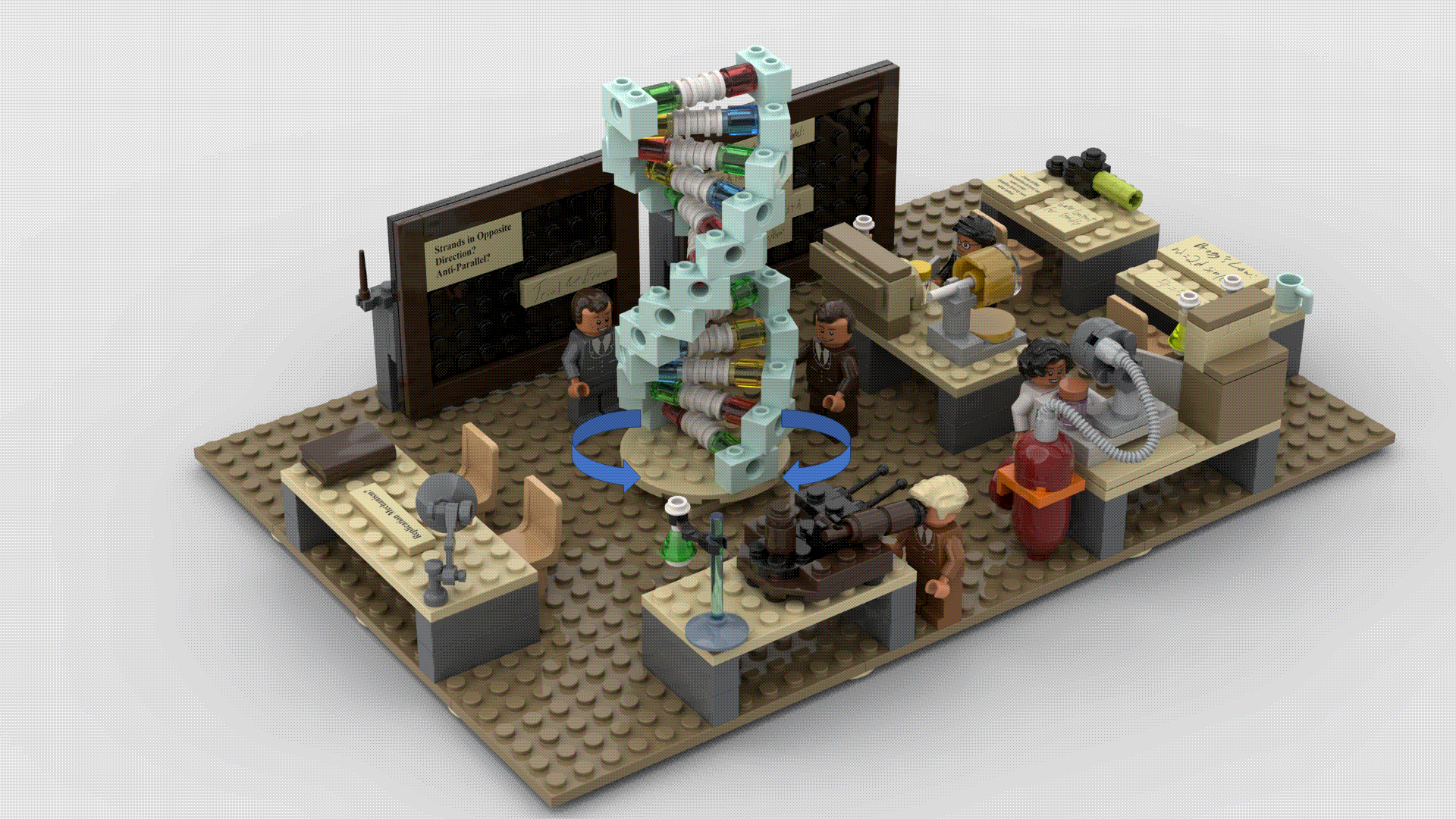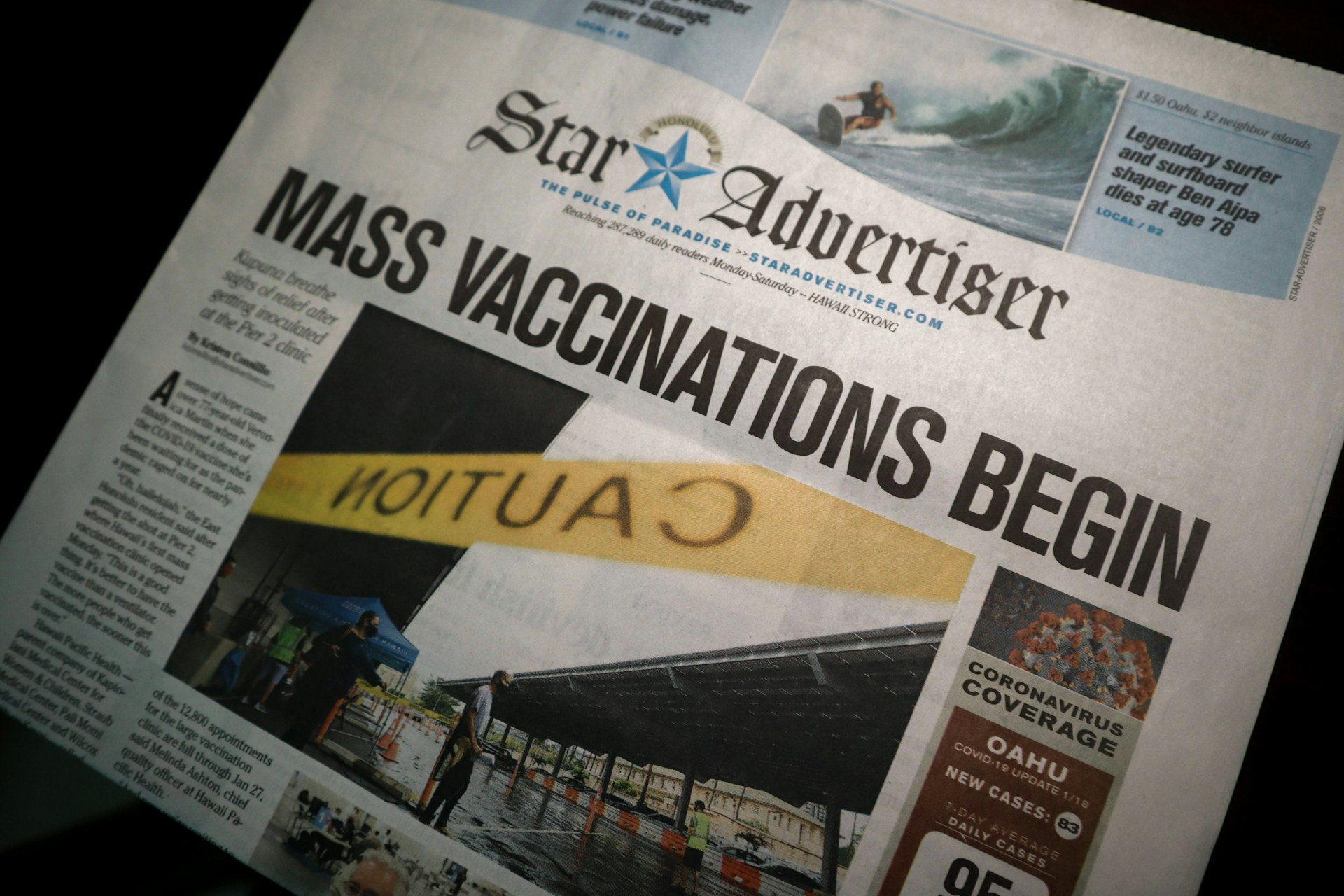Derisking biotech through due diligence
The biotech industry has undergone a series of financial hits in the past couple of years. The round of biotech layoffs has continued in 2023, with hundreds of biotech companies laying off employees. The hesitation of venture capitalists to invest in biotech has also exacerbated the downturn; less money means lower investment and fewer jobs. Much of the reluctance to invest in the biotech ecosystem stems from economic uncertainties and the risk of failure even when good science backs a technology.
But can the biotech industry still reassure investors about their innovative research? If my recent conversations indicate anything, I believe that such assurance can be possible. Through these conversations, on-point due diligence and clear scientific communications rang out as essential factors for moving the biotech industry forward. Most comfortingly, companies like Trulitica are answering this call to make novel biotechnologies more robust, reproducible, and ready for the market. Continuing from that, I am delighted to have interviewed Ali Divan, Founder of Trulitica. His company works with life sciences companies and other stakeholders to build trust in the life sciences sector and drive innovation forward.

Amazingly, Ali had little initial interest in the sciences. That was before he got sick while doing his undergraduate degree. That experience sparked his curiosity to better understand our bodies and how they respond in times of health and sickness. Since then, he has become a specialist in immunology. He completed his PhD in medical sciences at Texas A&M Health Science Center and did 2 years of postdoctoral research at the University of North Dakota. Afterward, he pivoted into the biotech industry, taking up several scientist positions. After gaining valuable industry experience from each one, he founded Trulitica where he now works.
Read on to learn about starting up a business, the importance of due diligence in the biotech industry, and how academics can help ensure integrity and substance in life sciences companies.
The Interview
PN: You went through a well-storied career when you moved away from academia. How did your industry experiences give you the foundations to start Trulitica?
AD: Before starting Trulitica, I gained a lot of valuable experience while working in the biotech industry. Starting off, I gained experience in quality, technology transfer, and product development at BioLegend. It was a great fit because I came from a flow cytometry background and had been a long-standing customer of BioLegend for years. From there, I joined a startup called Truvian that focused on developing point-of-care diagnostics. At Truvian, I mostly focused on conducting stability studies and collaborating with R&D to improve the performance of buffers and excipients in their assays. I also spent time developing new methods to conduct quality control (QCs) protocols of their raw materials. I then spent time at Spatial Genomics where I helped develop a method for tissue handling that was specific to the seqFISH platform. That’s not to mention the experience I gained from co-founding Proteintech Genomics. There, I developed novel buffers for single cell multiomics and supported the development of high-throughput tissue screening in spatial multiomics assays.
Despite my extensive, yet varied period in the biotech industry, I wanted to do so much more. I wanted to build a portfolio of high-impact companies that I could help directly with my experiences. I also identified that there was no single company dedicated to supporting what I consider to be the three main pillars of biotech, biopharma, and medtech: Companies, Investors, and Talent. By creating a single company that offered valuable services to each of the three pillars, I realized that I could also create value by connecting these crucial stakeholders together to create lasting innovation synergy in this space.
PN: With such flexibility and expertise, you were surely well-positioned to help biotech companies of many kinds. In your work, you must have also seen problems within the industry that you wanted to solve. What problems did you see and how does Trulitica solve them?
AD: For me, it is all about social impact. I want to drive positive change for people across the life sciences sector. To that end, there are three main problems that I solve.
- Graduate students and postdocs have tremendous talent and potential. Yet few meaningful resources to utilize their talent and make a lasting impact on human health. That’s not to mention providing them with fair pay. I respond to this need by helping them gain the skills they need to break into industry and develop rewarding careers that also build them up for financial success.
- Investors have capital and business expertise but do not always have in-house experts to vet the quality of the science that they are investing in. Investors also want to impact human health positively, but may not have the support needed to achieve their goals. I fill that need by providing ethical, objective analysis of the science being touted for a given technology. In doing so, I provide philosophically-aligned support to advance an investor’s efforts to finance the most viable research.
- Companies need people who can take difficult scientific concepts and position them in a way that is easy to understand for their respective audiences. Let’s face it, you can have great ideas and information, but if you cannot communicate those things, people will not see the value. I help companies produce written communications in a way that allows them to connect with their audience.
PN: You certainly cover a lot of topics and issues with Trulitica! With that in mind, let’s start with sharing science to the world. I’m aware that you provide scientific communications at Trulitica. What exactly does that entail?
AD: The types of scientific communications that I provide for companies generally fall into three categories: 1) Audit-proof documentation, 2) Proposals, and 3) Social media. As you might have guessed, these types of communications are related, but quite different in their applications.
For audit-proof documentation, this tends to be more operations-based and pertains to ISO standards. Examples are drafting work instructions, standard operating procedures, validation plans/reports, and other technical documentation.
In the realm of proposals, this involves a balance of pitching an idea with providing detailed evidence and rationale for a proposed study or series of studies. Depending on the funding source, the level of formality can vary. NIH SBIRs tend to be more structured than grant proposals for foundations or other private donors. Understanding the stylistic nuances and expectations of each funding entity ensures that application instructions are carried out and that research proposals are communicated as clearly as possible.
On the social media side, this is about writing concise, clear, information that is also simple enough that virtually any audience can understand it. The types of social media services I provide are LinkedIn content generation, press releases, event coverage, and company blogs. Depending on the context, the documents I prepare across these media types is geared towards building relationships, teaching customers and end users, conveying information to the public, and highlighting the human elements of a biotechnology company.
PN: As you stated before, you also cover technical due diligence. What are the most important components you cover in a technical due diligence project? How do you use such reports to help companies achieve their potential with their products?
AD: Investors are constantly searching for new technologies to support and are eager to see new technological offerings succeed. However, they may not have the time or in-house expertise to fully understand the technical limitations and risks of the science on which the technologies are based. That’s where technical due diligence advisory services come into play. Any successful technical due diligence project requires people to investigate several components that comprise the technologies being developed. The most important components are:
- Assessing competitor technical capabilities (if there are any),
- Understanding the limitations and risks of the models used to generate the data that investors saw
- Verifying the accuracy of data interpretation as well as any claims made,
- Assessing the technical feasibility of the timeline proposed, and
- Proposing mitigations to all risks identified
At Trulitica, I do the kinds of technical due diligence that fall within my domain expertise: immunology, oncology, infectious diseases, and antibody-based assay productization. Within that realm, I am supporting investors, whether they are private equity or venture capital, by helping them gain a comprehensive picture of the risks and potentials belying a technology.
PN: You already participate in such deep work helping the biotech industry, yet your generosity shows as you mentor PhD students as well. What distinguishes your mentorship program from others in terms of helping PhD students make their careers in industry?
AD: There are a lot of good programs out there by bright and accomplished people. That said, there are also a lot of bad programs out there that make promises that they don’t deliver on. For every one person giving good advice, I have seen at least 3 people giving bad advice. That’s a huge shame to our industry.
What is unique about my program is that it is based on real experience. I’m not some guy who runs around parroting mantras he was told are true. I went out there in the real world, figured out the answers the hard way, and was directly responsible for hiring people. My extensive experience working in industry makes me stand out most because I’ve gone through the fire and succeeded. I want to show others how they can do the same. I am also one of the very few advisors that charges based on results (ie my clients getting hired), not my time. So, if that’s the kind of thing you think provides credibility, I’m your guy.
PN: Your experience would be most valuable for helping graduate students transition to industry. Even so, why do you think so few resources are available for PhDs within the academic sphere? How can companies like you spread the word to make sure PhD students know about the many opportunities outside academia?
AD: There are a lot of resources, just very few of them are any good. One reason is that there’s a selection bias in academia. Professors and career advisors are part of the institution. They have not necessarily been involved in industry or the end-to-end hiring process so the advice that comes out can be overgeneralized at best or based on fantasy at worst. I have spoken with many professors and career advisors, and they are well-aware of this problem. The issue is that in general, university institutions do not budget for hiring outside experts, and traditions in academia take years to break.
There is also a scalability problem. I can only help people that I meet with 1:1, or that join my webinars 10-20 at a time. Of course, you can train people to coach but then you get into the multi-level marketing scheme that kind of devolves into taking advantage of people. There is a scalable solution out there, and I’m working with some colleagues on it, but can’t provide too much more info on it at this time.
Author
-

Paul Naphtali is a seasoned online marketing consultant. He brings to the table three years of online marketing and copywriting experience within the life sciences industry. His MSc and PhD experience also provides him with the acumen to understand complex literature and translate it to any audience. This way, he can fulfill his passion for sharing the beauty of biomedical research and inspiring action from his readers.
View all posts



